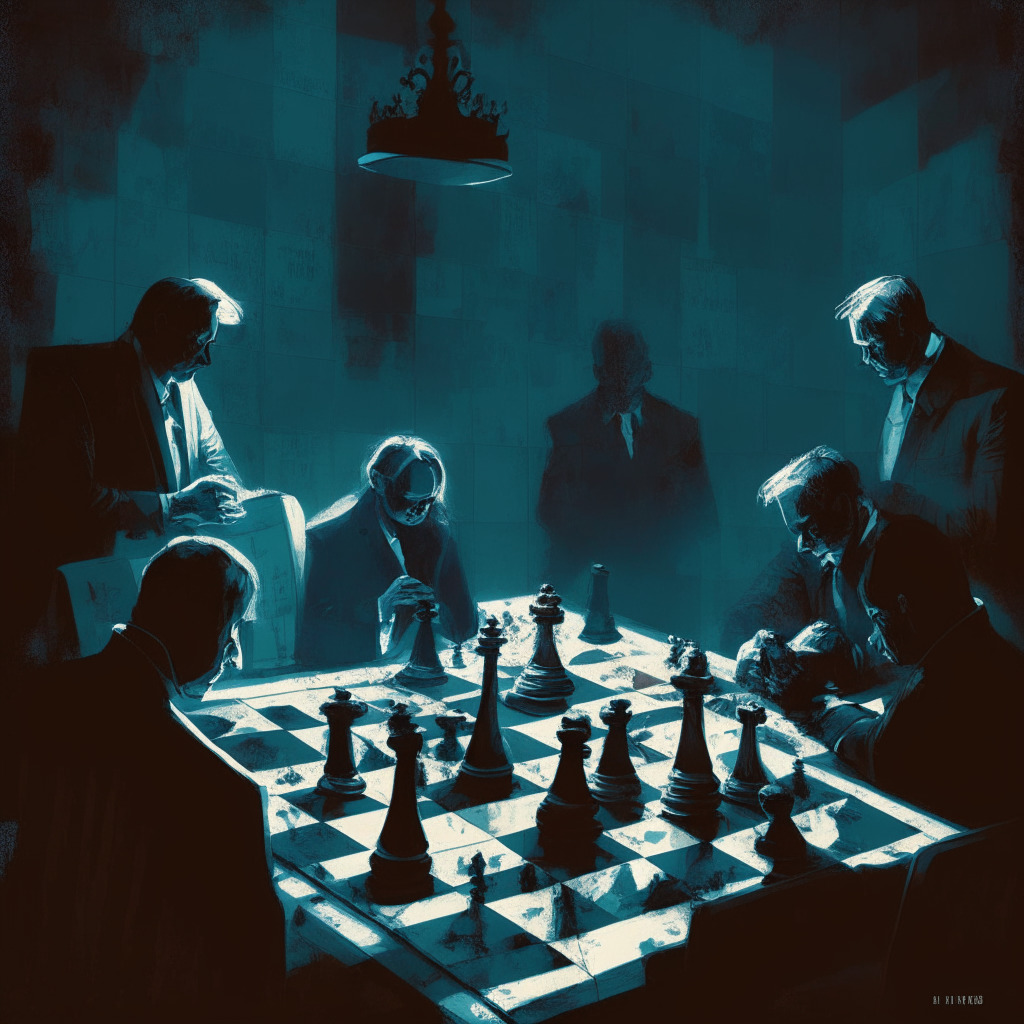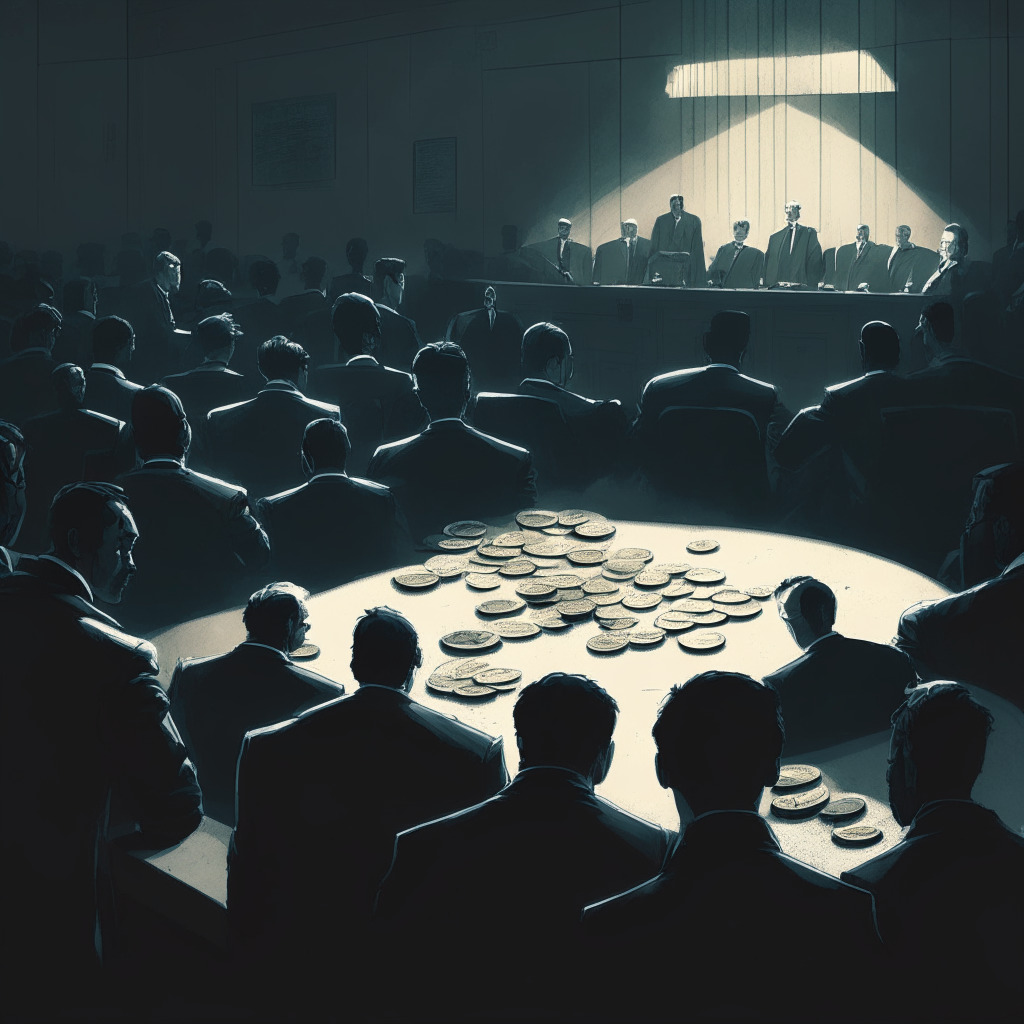Regulation in the crypto world is a topic that stirs spirited discussions within the community, and an intriguing revelation about Mark Karpelès, the ex-CEO of Mt. Gox, brings this topic back to the fore.
Formerly known as a major global Bitcoin exchange, Mt. Gox is no stranger to detrimental controversy. Karpelès, accused of misappropriating close to $3 million of customer funds, transformed the company name into a byword for disaster within the crypto sphere. His trial was a significant point of interest, and it’s fascinating to learn that his only aid during this ordeal was a simple calculator.
Karpelès was taken into pre-trial detention in 2015 where, according to his post on Twitter, his most sophisticated tool was a basic calculator. After struggling through around 20,000 pages of evidence without access to the internet or other electronic devices, Karpelès then spent almost a year in jail. In that time, he managed to create an index of all his evidence, a clever yet labor-intensive way to navigate the immense paperwork.
And here lies a curious reflection of legal processes versus the technology-laden world of cryptocurrencies. On the one hand, we have an industry fueled by the most sophisticated technology available, where transactions happen at lightning speed, data is stored on an immutable blockchain, and even the art world is being revolutionized by NFTs. Paradoxically, the judicial processes behind this high-tech industry can seem stuck in an era where a basic calculator would be a tool of the trade.
Four years post-arrest, Karpelès won his freedom, exonerated from all charges of embezzlement and breach of trust, with him attributing this victory in part to the little calculator. While we can’t discount the work done by his legal team, this story maybe a sign of things to come, as more crypto landmark cases are prosecuted, such as that of Sam Bankman-Fried, the former FTX CEO.
Bankman-Fried faces criminal charges, with his trial approaching soon. His lawyers are appealing for his release from prison, arguing subpar internet access hampers his trial preparations. Here, the parallel with Karpelès’s case is evident, and it raises critical questions about technology, preparedness, and the ability of judicial systems to handle cases allied to such a dynamic, rapidly evolving industry.
In conclusion, as more crypto figures face legal proceedings, is it possible that we are witnessing an evolutionary step between traditional legal practices and modern technological capacities? Given the crucial role that technology plays in the crypto world, perhaps it is time for judiciary processes to adapt a more tech-savvy approach. After all, the industry is here to stay, and legal systems must be prepared to interact with it effectively.
Source: Cointelegraph




